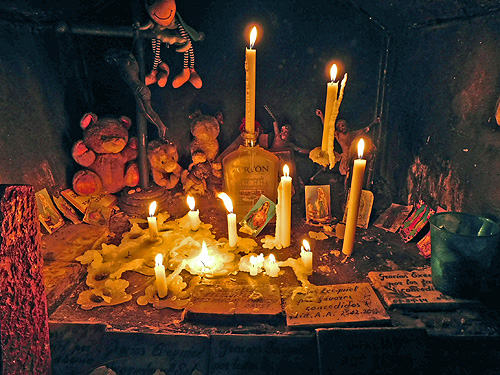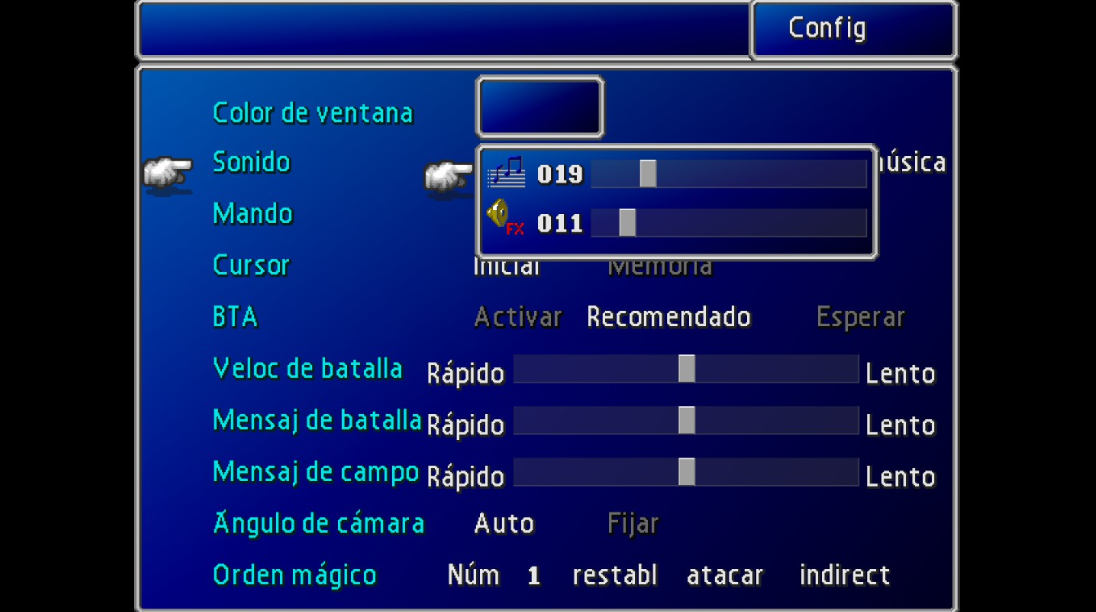Título: “An indigenous disease with inter-American implications”: A comparative examination of Mexican and Guatemalan indigenista and public health approaches to Onchocerciasis
Autor: Giraudo, Laura; Adams, Abigail E.
Resumen: At the opening of 1940, Mexican entomologist Alfonso Dampf warned of the inter-American “problem” posed by “indigenous diseases,” particularly Onchocerciasis. Onchocerciasis, or “river blindness,” was discovered and accurately described in 1915 by the public health-minded Guatemalan doctor Rodolfo Robles Valverde. By 1940, onchocerciasis was located in various sites in Guatemala and southern Mexico’s states of Oaxaca and Chiapas. Caused by a parasitic worm, onchocerciasis is a non-fatal skin and eye condition that can lead to blindness. Dampf’s concern was amplified in several resolutions and projects of the April 1940 First Inter American Conference on Indian Life held in Pátzcuaro, Mexico. Dampf added one more racializing twist to the disease, describing it as brought by “los negroes,” and not having an impact on the “white race.” Pátzcuaro’s discussions predate some of today’s most progressive medical anthropology, calling for sociocultural training for doctors and other health workers, and for research on the illness’s “medical, parasitological and social” angles. But the tone also veers into the worst of positivistic discourse about diseased or degenerate races, “difficult” racial character and social hygiene. The ensuing campaigns against onchocerciasis drew in actors from the United States, such as Nelson Rockefeller, the Pan American Health Organization, as well as agencies in Guatemala and Mexico and anthropologists from all three countries. This comparative research follows the different trajectories of the campaigns in Mexico and Guatemala; in which each country’s postwar indigenist and public health movements interacted with different racialized nationalisms
Descripción: TIPO DE PARTICIPACIÓN: ponencia en el simposio “Indigenismo and its contested legacy in Latin America”
CONGRESO: XXXIV International Congress of the Latin American Studies Association (LASA),
LUGAR DE CELEBRACIÓN: New York
AÑO: 2016 (27-30 de mayo)
Url para mayor información: http://www.interindi.net/wp-es/simposios-lasa-2016-indigenismo-i-and-ii/
Trending Articles
More Pages to Explore .....
















